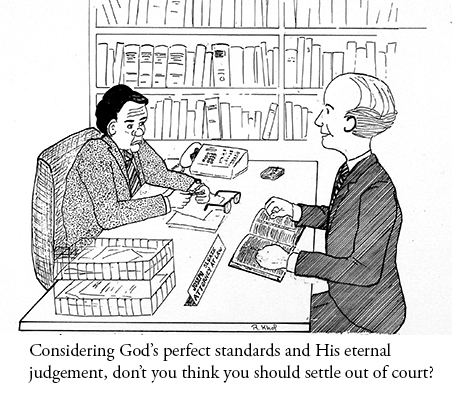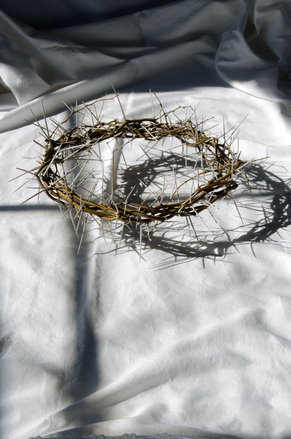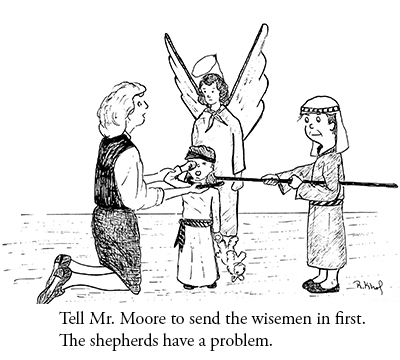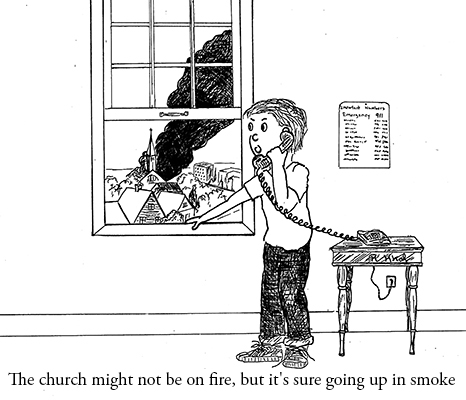Finally, there is laid up for me the crown of righteousness, which
the Lord, the righteous Judge, will give to me on that Day, and
not to me only but also to all who have loved His appearing.
2 Timothy 4:8
When Jesus wanted to teach His disciples about persistent prayer, He gave them the parable of an unrighteous judge (Luke 18:1-6). The man neither feared God nor men, but gave justice to a poor widow simply because her constant entreaties had become a nuisance and he wanted to get her off his back.
In modern America, it is not hard to find examples of unjust judges. Criminals are often released because of minor technicalities, and major principles of justice are superseded by lesser laws. Since right and wrong are hard to define, everything is determined by the interpretation of the law. And since the law can be viewed in different ways, a judge can legally execute the law and be found unrighteous before God.
Supreme Court Justice Oliver Wendell Holmes Jr. once interrupted a freshman lawyer presenting a case, “Young man, let me remind you that this is a court of law and not a court of justice.”
Living in times like these, it is truly great to know that there is a Righteous Judge and He will hear our case. He will give the bad guys, the proud, and the unjust what they deserve, but to the faithful and true he will give a reward – the crown of righteousness. Now, I don’t know what that looks like, but I do know that I want one. I also know that putting up with the injustice on Earth and waiting patiently in obedience for Christ’s return is well worth the effort to be rewarded with that heavenly garland (Romans 8:18-25).
Christ’s parable of the unjust judge ends with the exhortation to be persistent in prayer without giving up. He then asks His followers a question: “When the Son of Man comes, will He really find faith on the earth?” (Luke 18:8).
My answer to the Lord Jesus is: “Yes, O Righteous Judge, please make me faithful until your return. I believe, please help my unbelief.”
March 7









